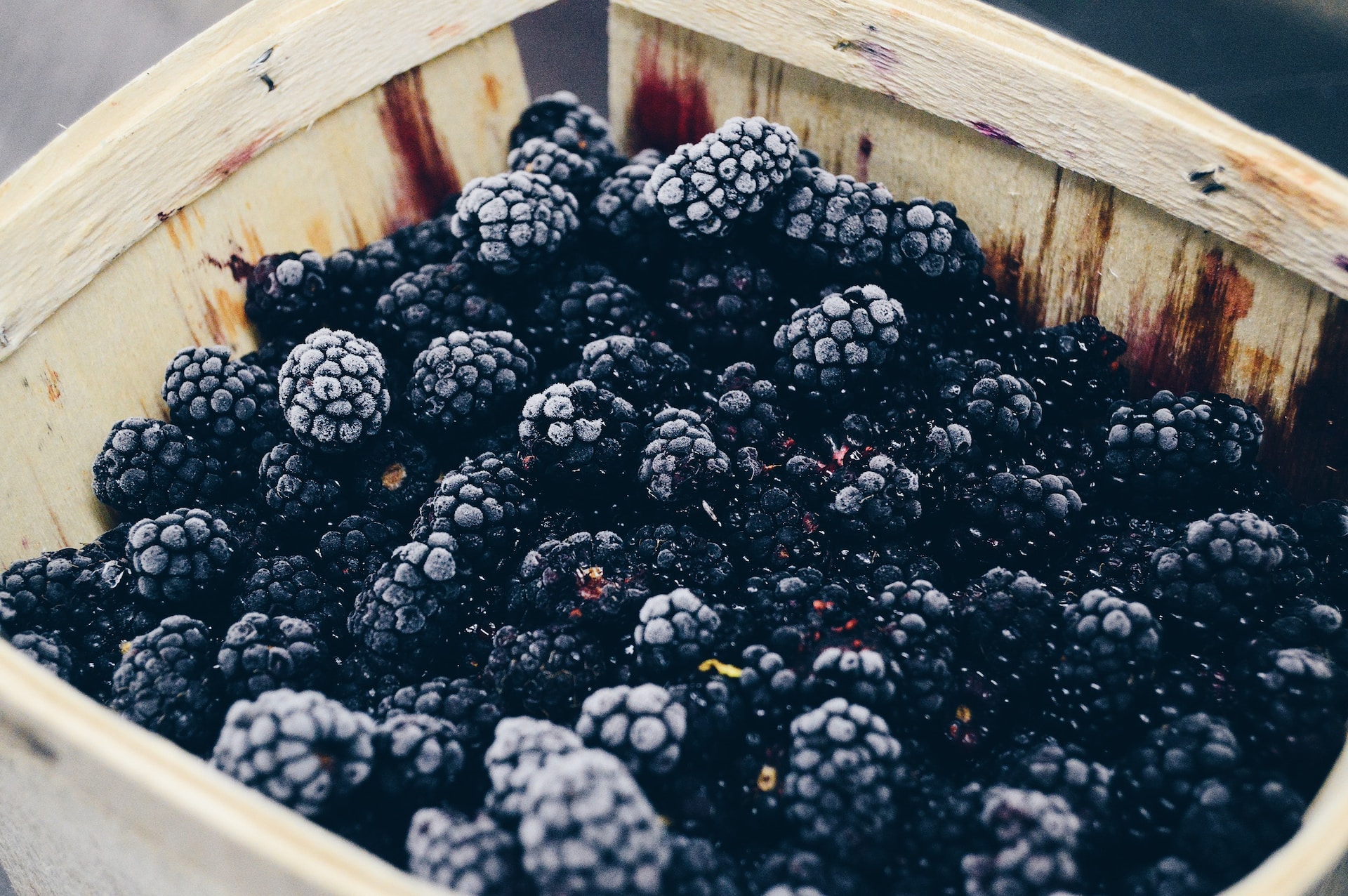With the endlessly unpredictable summer days that oscillate between humid, cold, or downright sweltering, it’s important to know how to properly care for your fruit and veg when it arrives. We’ve put together some handy tips and tricks on how to extend the shelf life of your produce to keep it fresh and vibrant for as long as possible.
A note on refrigeration
It might be tempting to bring your produce home and put everything in the fridge but there is no ‘one size fits all’ when it comes to storing fruit and veg. Citrus fruits and berries will spoil if left at room temperature and therefore benefit from being refrigerated. This also applies to vegetables that store a lot of water, like lettuce and cucumber.
On the other hand, produce like tomatoes, apples, avocados, and bananas should always be kept at room temperature to allow them to continue to ripen whereas starchy veg like potatoes should be stored in a bag or cardboard box (our Fenland white potatoes come in either sacks or bags) and left in a cool, dry place out of direct sunlight.
Don’t let them dry out
It is not always enough just to store things loose in the fridge; veg like carrots and celery should be placed in a paper bag to protect them. Alternatively, you can cut the vegetables into smaller chunks and keep them in a glass jar filled with water, which will help to keep them hydrated.
Remember to replace the water every few days as there is a chance that bacteria and other unwanted things could begin to settle in the old water.
Keep things separate
You might have noticed that certain fruits and veg start to over-ripen sooner than others, e.g. bananas. This is because they release a gas called ethylene, which is known as a ‘ripening hormone’ that not only causes that certain food to ripen, but it will also lead to other produce deteriorating and spoiling long before it should. Be sure to keep things like bananas, potatoes, and apples as far away from other items as possible.
Don’t be afraid to freeze
If you order larger boxes of fruit and veg or like to do your shopping in bulk but notice that the produce is going bad before you’ve had a chance to eat it (and you’ve also tried the above methods), then another good option is storing them in your freezer.
This works best with produce that has a low water content like broccoli, brussel sprouts, peas, and sweetcorn. Be sure to give them a good wash before chopping into smaller pieces, which will make life a lot easier when you come to add them to your saucepan. Berries, apples, and pitted stone fruits are also ideal for freezing provided they are stored in air-tight bags or containers.
View our full range of fruit, veg and salad boxes here.
